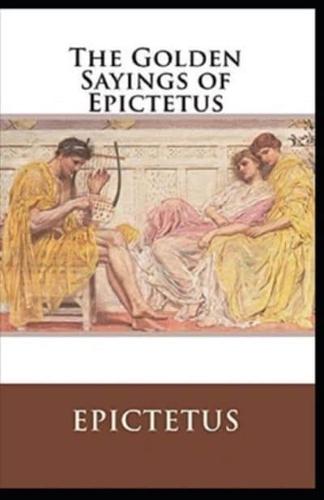Publisher's Synopsis
The Golden Sayings of Epictetus in a series on Stoic philosophy, a Hellenistic school of philosophy founded in Ancient Athens. Stoics sought simplicity of living and Socratic inquiry. They believed in a quest towards personal freedom and intellectual growth, all with a profound sense of respect for nature. This installment is a series of excerpts from Epictetus' Golden Sayings. After completing his study, Epictetus obtained freedom and became a teacher in stoical philosophy.Epictetus maintains that the foundation of all philosophy is self-knowledge, that is, the conviction of our ignorance and gullibility ought to be the first subject of our study. Logic provides valid reasoning and certainty in judgment, but it is subordinate to practical needs. The first and most necessary part of philosophy concerns the application of doctrine, for example, that people should not lie. The second concerns reasons, e.g. why people should not lie. While the third, lastly, examines and establishes the reasons. This is the logical part, which finds reasons, shows what is a reason, and that a given reason is a correct one. This last part is necessary, but only on account of the second, which again is rendered necessary by the first.










